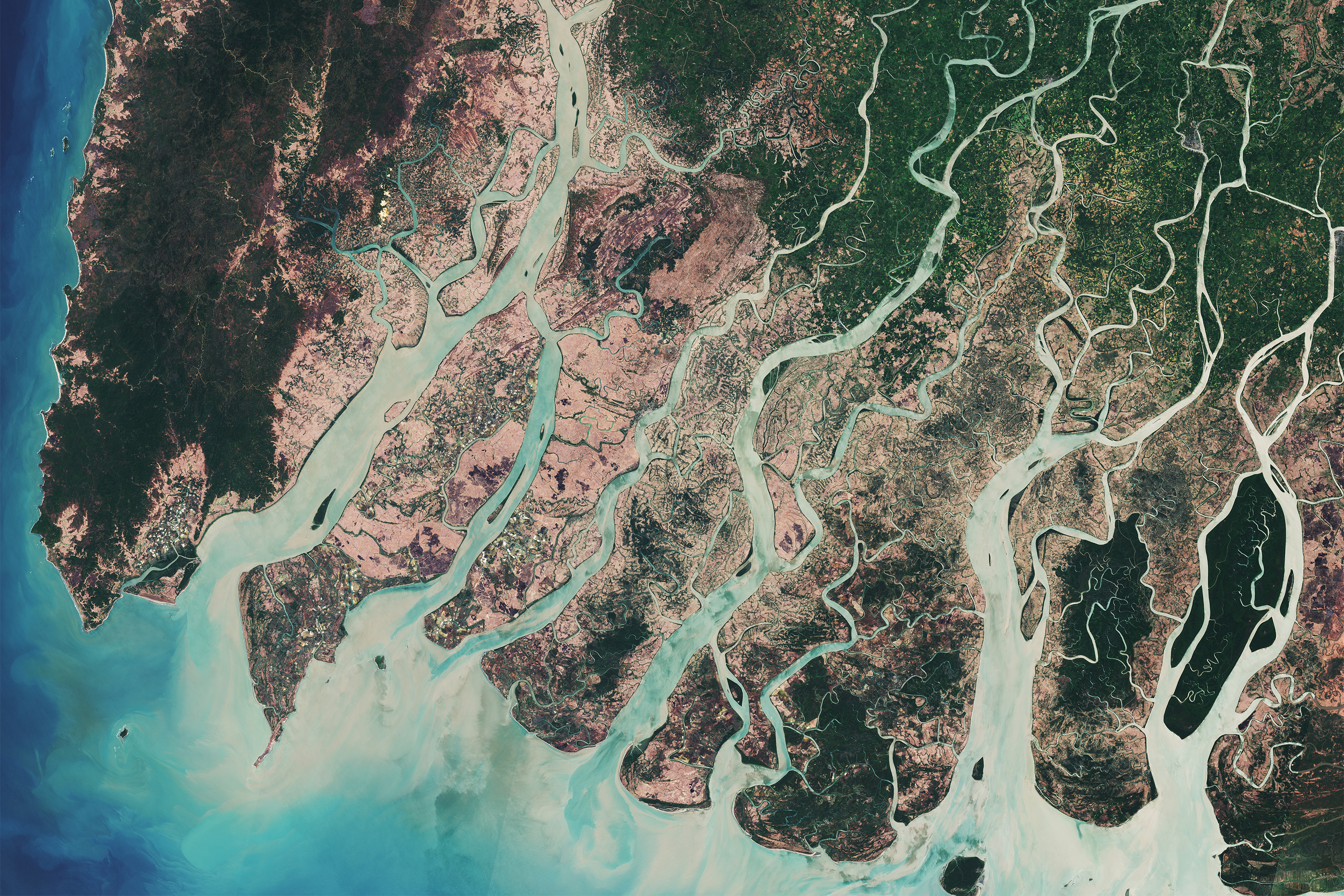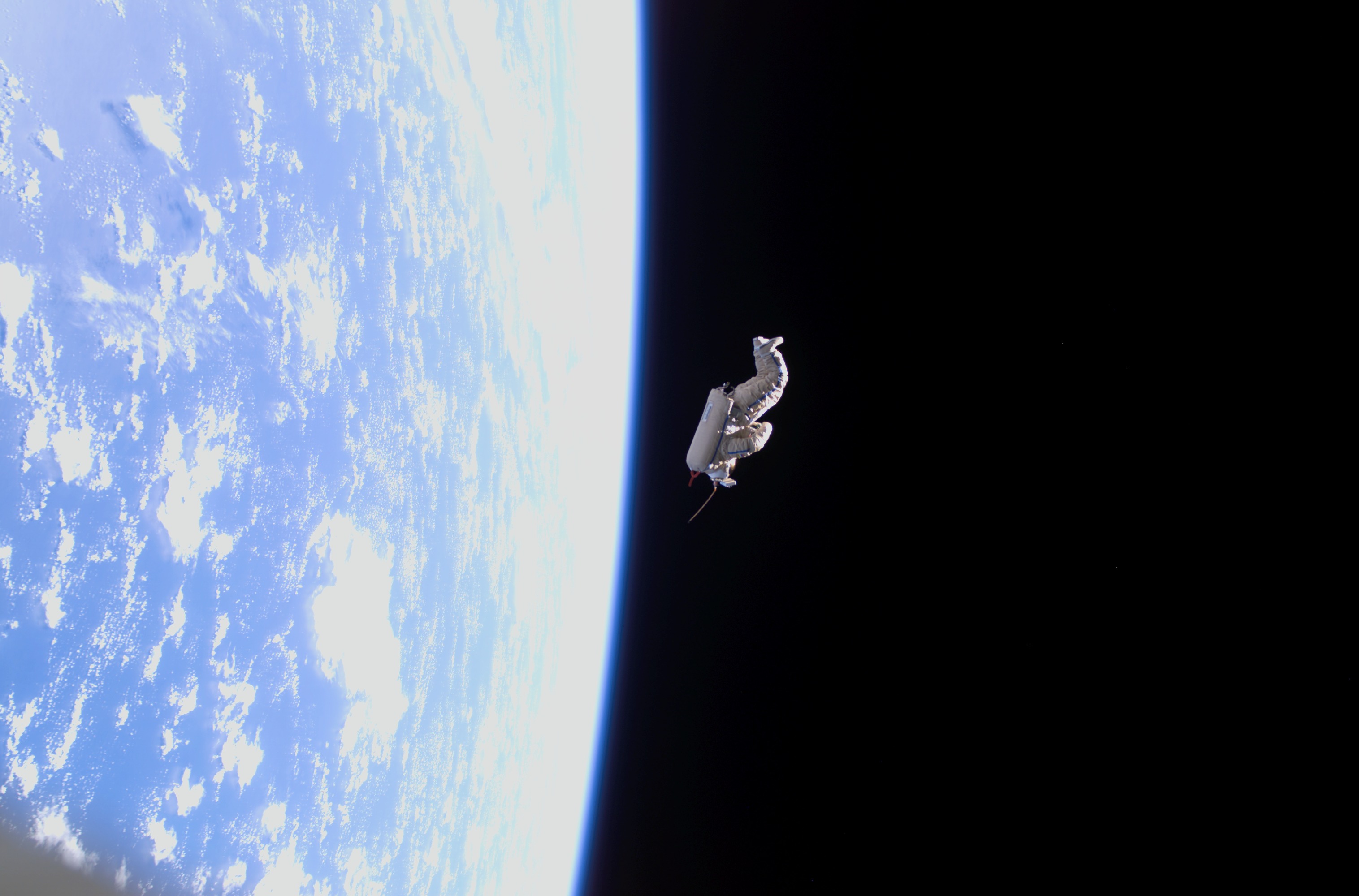Sustainable Development Goal 10: Reduced Inequalities
Sustainable Development Goal 10 aims at reducing inequality within and among countries. This SDG calls for reducing inequalities in income as well as those based on age, sex, disability, race, ethnicity, origin, religion or economic or other status within a country. The goal also addresses inequalities among countries, including those related to representation, migration and development assistance.
The international community has made significant strides towards lifting people out of poverty. The most vulnerable nations - the least developed countries, the landlocked developing countries and the Small Island developing States - continue to make inroads into poverty reduction. However, inequality still persists and large disparities remain in access to health and education services and other assets.
Space technologies can contribute in various ways, for example through:
- Connectivity in remote and isolated areas
- Remote participation in democratic processes
- Reliable access to information
- Connectivity in remote and isolated areas
- Remote participation in democratic processes
- Reliable access to information

